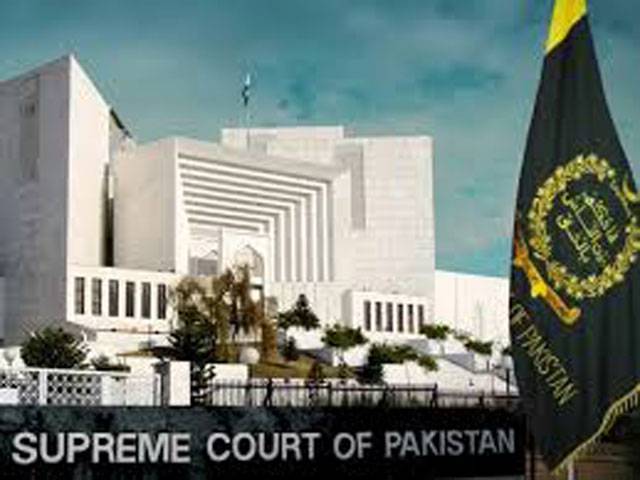ISLAMABAD - The Supreme Court Wednesday dismissed the federal government’s plea against the Lahore High Court order, which allowed the Jamaatud Dawa (JuD) and its subsidiary Falah-e-Insaniat Foundation (FIF) to continue their welfare activities.
A two-judge bench comprising Justice Manzoor Ahmad Malik and Justice Sardar Tariq Masood took up the plea of Ministry of Interior against LHC’s interim order passed in a petition filed by JuD Chief Hafiz Saeed.
The main case is pending adjudication in the LHC, however, the LHC passed an interim order wherein JuD and FIF were allowed to continue their welfare and charitable activities till the final judgment of LHC. The federal government, later, challenged the interim order in the Supreme Court.
According to Pakistan’s interior ministry, the LHC’s interim order was creating hindrance for Pakistan to comply with the international and local legal requirements and that Pakistan was under obligation to comply the UNSC decision to declare JuD and the FIF as proscribed groups.
During the course of hearing, Additional Attorney General Tariq Mehmood Khokhar appeared before the court on behalf of interior ministry.
However, the top court while dismissing the appeal observed that the federal government was already party in the main case pending with LHC.
In February, the president had promulgated an ordinance in order to declare Saeed’s JuD and FIF as proscribed groups, amending the Anti-Terrorism Act, 1997 to prohibit the terrorists, their organisations and to include entities listed by the United Nations Security Council.
The amendments to Sections 11-B and 11-EE of the Anti-Terrorism Act, 1997 (XXVII of 1997) were made through Ordinance. Section 11-B states regarding parameters for proscription of a group while Section 11-EE states regarding describing the grounds for listing of individuals.
Through the Ordinance, Sub-Section ‘aa’ has been included in both Sections 11-B and 11-EE of the Anti-Terrorism Act, 1997 (XXVII of 1997), according to which organisations and individuals “listed under the United Nations (Security Council) Act, 1948 (XIV of 1948), or” will be included in the First Schedule (for organisations) and Fourth Schedule (for individuals), respectively, on an ex-parte basis.
After promulgation of the ordinance, all properties of JuD and the FIF were confiscated in Azad Jammu and Kashmir and Gilgit-Baltistan. Around 148 properties and assets were also seized in Punjab.
According to interior ministry, the Ordinance was apparently aimed at declaring JuD and the FIF, as proscribed groups ahead of the Financial Action Task Force’s (FATF) meeting in Paris which decided to put Pakistan on grey list from June this year.
JuD’s Hafiz Saeed’s petition in LHC challenging the Ordinance had contended that Pakistan was a sovereign state but through the Ordinance its sovereignty had been jeopardised.
It had further maintained that the promulgation of the ordinance was not only prejudicial to the sovereignty but also contradictory to the fundamental rights enshrined in the Constitution.
It had contended that any law which was violative of constitutional provisions was liable to be struck down.
It had requested the LHC court that the vires of Ordinance may be declared illegal.






